Teaching ‘action civics’ engages kids — and ignites controversy
The Hechinger Report
AUGUST 1, 2021
Peyton’s testimony is an example of “action civics,” a growing, if controversial, trend in American education of which Massachusetts is the undisputed leader. To be sure, there are many on both sides of the spectrum who believe civics education can — and should — teach both knowledge and skills.


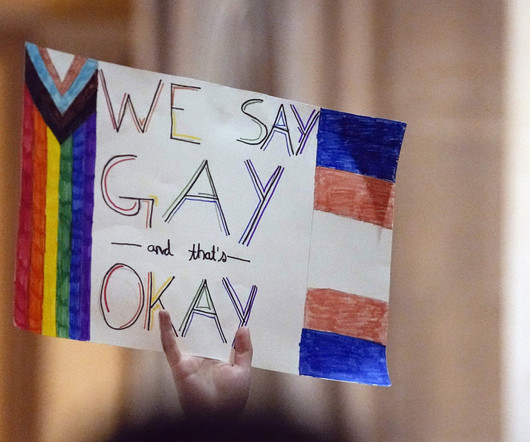
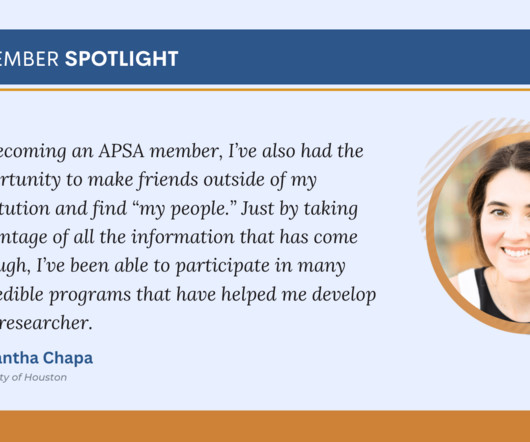



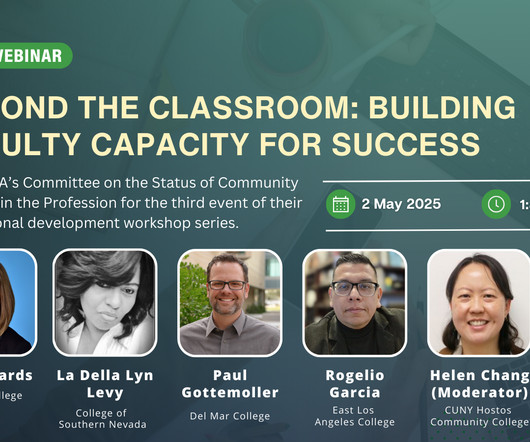
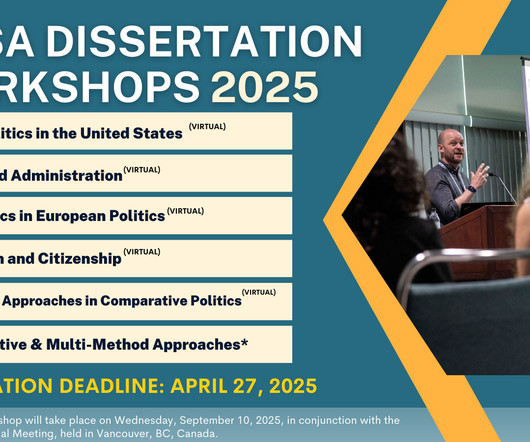
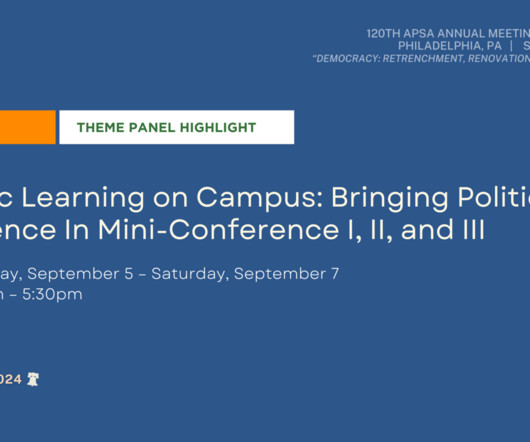

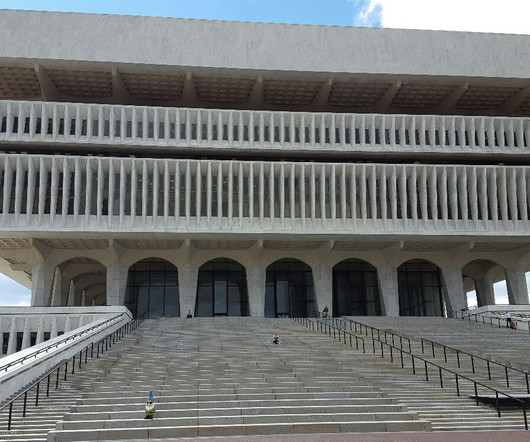

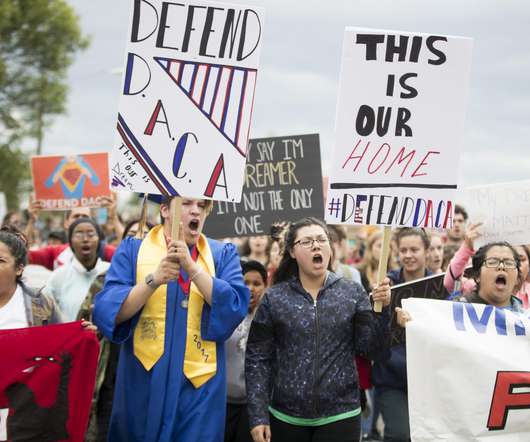








Let's personalize your content